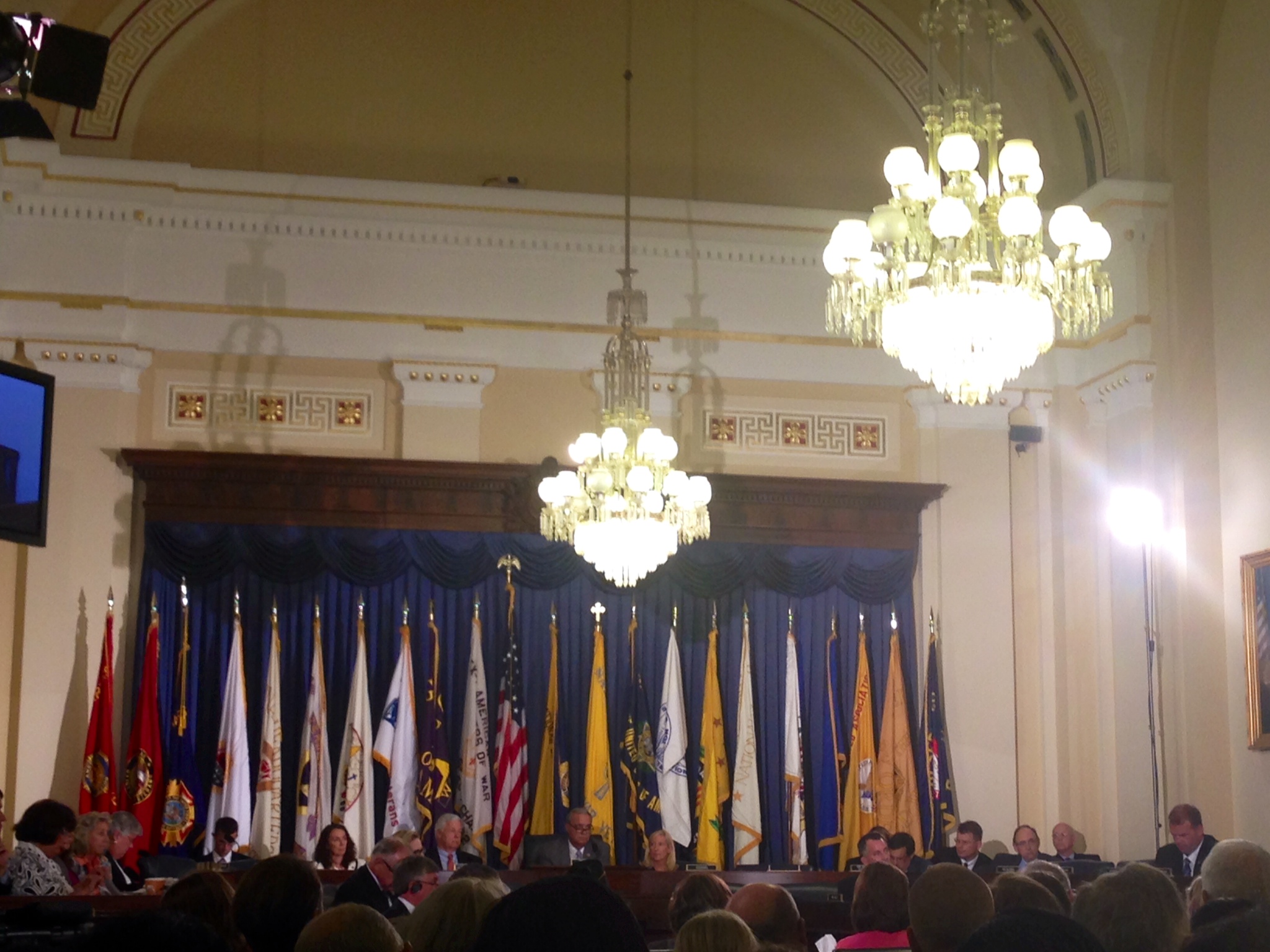WASHINGTON – Family members of war veterans who sought mental health care from the Department of Veterans Affairs and later committed suicide advocated for change before lawmakers at a hearing Thursday.
The witnesses, including one Iraq war veteran who has received care from the VA, made suggestions to improve mental health care services for conditions such as post-traumatic stress disorder and traumatic brain injury.
“Eighteen to 22 veterans commit suicide each day,” said Rep. Michael Michaud, D-Maine, ranking member of the House Veterans Affairs Committee. “That is 18 to 22 brave men and women, each day, who our system has let down in some capacity.”
Retired Army Sgt. Josh Renschler suggested the VA reinstate the interdisciplinary care—staffed by medical, mental health, pharmacy and social work providers— that he received for 12 months after he returned from Iraq. It was stopped because it became “too costly” for the hospital, Renschler said.
“Veterans with mental health issues will seldom open up and discuss painful private issues with a clinician that they’ve never met,” said Renschler. “It takes time to build the trust to talk about the deeper issues.”
Working with a health care team – that can share observations — increases the likelihood that someone will “see something that others may have missed,” he said.
The parents of Army National Guard veteran Daniel Somers, who committed suicide in 2013 after service in Iraq, proposed that service members establish a support system.
“We feel it is critically important to identify—prior to deployment, certainly during deployment and after deployment—what we call the support network,” said Dr. Howard Somers, the father of Daniel. Such a network, made up of family members, friends or mentors, would be educated about what the service members are experiencing and the signs and symptoms of personal crisis.
“If you see that somebody is in trouble, you can direct them to the proper treatment, to the proper authority, to the proper medical facility,” Somers said.
VA officials had a say before the hearing concluded.
“We acknowledge that we have more work to do, and we are fully committed to fixing the problems we face in order to better serve veterans,” said Dr. Maureen McCarthy, deputy chief for patient care services at the Veterans Health Administration.
The VA announced plans to deploy mobile vet centers to provide more timely mental health care. McCarthy also said that veterans who have waited longer than 30 days for care may seek mental health treatment outside of the VA.

